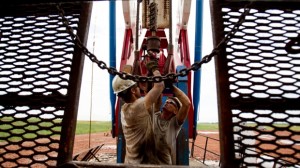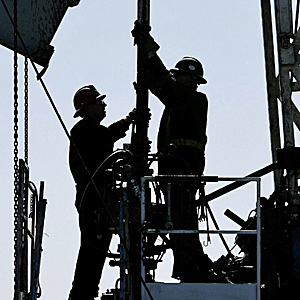 Its uncommon to think about Northern Alberta’s oil industry without thinking of its culture of addiction and substance abuse, however, it is estimated that 60 percent of oil workers with these problems do not seek treatment for them. It might seem irrational that a demographic with so much behavioral disfunction would not seek help, but there are some very specific social and cultural reasons for this.
Its uncommon to think about Northern Alberta’s oil industry without thinking of its culture of addiction and substance abuse, however, it is estimated that 60 percent of oil workers with these problems do not seek treatment for them. It might seem irrational that a demographic with so much behavioral disfunction would not seek help, but there are some very specific social and cultural reasons for this.
The oil worker population is over 90 percent male, as a majority of the jobs are labor intensive. Men are statistically much less likely to reach out for help with a mental or medical problem because of socially constructed gender identities that tell them it is a sign of weakness. It is very common for men to be influenced toward this mindset of traditional masculinity in their upbringing.
Men come from all over Canada to work in the oil sands for the lucrative pay, and most of them are housed in camps created for transient workers. Most of them are physically separated from their relationships and friendships, and find themselves in the harshest of working conditions without a support system to turn to. This is often what leads to experimentation with addictive substances. Many oil workers state that their substance abuse problems began as a result of trying to bury feelings of loneliness and frustration. The substance works at first, but as addiction consumes the person’s life it has the opposite affect, spawning mental and physical instability.
This masculinity complex turns an individual’s emotions inward and influences them to deal with emotions in an unhealthy way. It is important that this barrier be broken so that the workers of the oil industry can be enabled to reach out for help and end the suffering that comes with addiction and substance abuse. Professional addiction treatment and rehabilitation programs are available to oil workers to help them begin the path of recovery.


